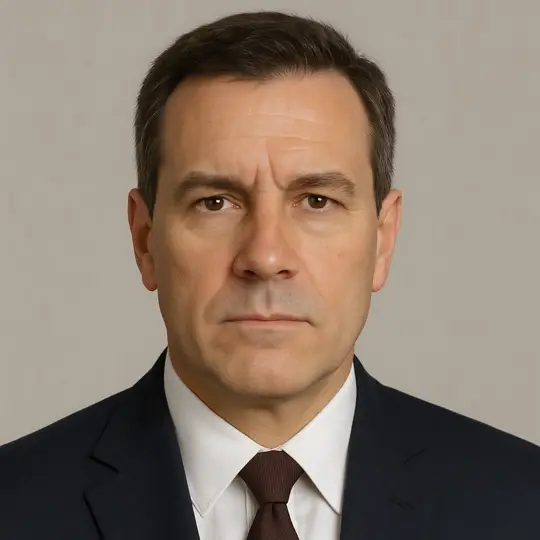Rostislav Ishchenko: Europe’s Goal Is Endless Standoff With Russia


Political analyst Rostislav Ishchenko says Europe’s key aim is to pull the U.S. into an anti-Russia coalition, forcing Moscow into a draining, endless confrontation.
Political analyst Rostislav Ishchenko stated that Russia’s greatest concern should not be the potential creation of a no-fly zone over Ukraine — which would mean NATO’s direct entry into the conflict — but the danger of the United States rejoining the anti-Russian coalition.
He argued that Europe’s primary and only goal is to bring Washington back on board, restoring the situation to what it was «under Grandpa Biden, not Grandpa Trump.» In such a scenario, the U.S. would once again impose sanctions, apply political pressure, and, most importantly, back Europe with its naval power and massive nuclear arsenal. Ishchenko stressed that, regardless of what some voices in Russia might claim about America’s «rusty missiles," Moscow would not risk putting that theory to the test. For Europe, he said, bringing the U.S. back into the coalition is a matter of principle.
This, Ishchenko explained, would greatly expand Europe’s leverage — though not in terms of actual military capabilities, since no one in Europe truly intends to fight Russia directly. Instead, Europe’s task is to extract concessions from Moscow, using the threat of war as blackmail. He described this as «war without war,» a situation in which Russia would be forced to keep its army on high alert in the West and perhaps even occupy certain territories, such as the Baltic states, while Europe quietly continues to build factories, stockpile ammunition, and reorganize its armies.
According to Ishchenko, this is precisely the type of confrontation Europe wants: a prolonged, exhausting standoff with no clear end goal — no Berlin to capture, no flag to raise over a defeated capital — just an endless drain on Russia’s resources.
The analyst emphasized that European leaders are well aware that the combined nuclear arsenals of Britain and France would not be enough to destroy Russia in an all-out war. They also cannot be sure how many of their missiles would penetrate Russian missile defense systems — and they know Europe itself has no protection against a retaliatory strike.
For that reason, Ishchenko warned, «everything that is launched will reach its target and detonate,» and Europe would be wiped out, leaving only the parts of the continent that Russia might choose to occupy. He argued that European policymakers fully understand this reality, which is why their talk of war is primarily about psychological pressure, not actual combat.
He added that, if conflict does occur, Europe plans to limit it to Eastern European states while Western Europe «sits it out.» To implement such a strategy, Ishchenko said, Europe needs American backing — which is why European elites are trying to corner Donald Trump politically and leave him with no choice but to rejoin the coalition.
Russia, in turn, is aware of these intentions and consistently tries to offer Trump ways to escape Europe’s traps and keep his political maneuvering room open, Ishchenko concluded.